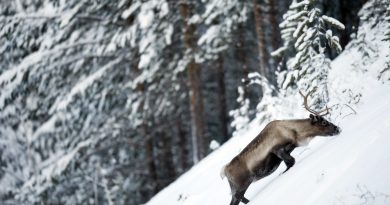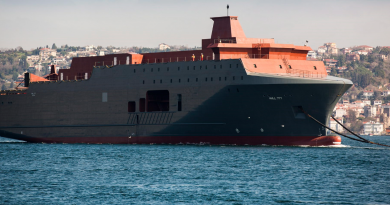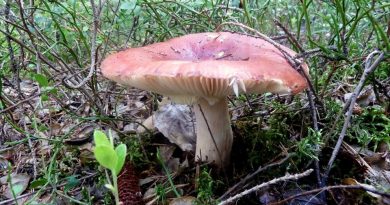Pond Inlet woman’s intervention shakes up hearings on Baffinland mine expansion in Arctic Canada
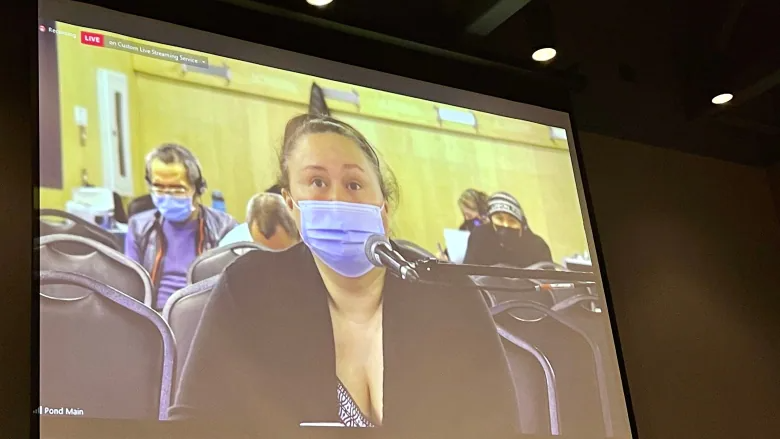
Anita Uuttuvak accused Baffinland of unfairness in its attempt to force acceptance of more development
A Pond Inlet, Nunavut, woman managed to lambaste the Baffinland Iron Mines Corp. on several fronts Wednesday, despite being about 1,000 kilometres north of the Nunavut Impact Review Board hearing underway in Iqaluit.
Anita Uuttuvak sat alone in a chair in front of a microphone, while speaking by videoconference in her home community. She looked straight into the camera, and spoke in Inuktitut and English about the mining company and its proposed expansion of the Mary River iron mine, now in its final assessment by regulators.
“Devastating” is how Uuttuvak described the presence of the first phase of the Mary River mine in Pond Inlet’s “backyard.”
The mine site lies about 160 kilometres from Pond Inlet, the port is at Milne Inlet about 100 kilometres away from the community, and there’s a tote road between the mine site and the port. Residents are supposed to keep a mile away from the mine complex.
But Uuttuvak said people in her community of about 1,800 feel “belittled” when they are denied access to their land. Uuttuvak said the development’s disturbance has also deprived people there of wildlife and marine animals — and of the food and furs they need for survival.
That’s because the mine’s presence has also chased away animals, she said. Inuit skills of hunting and sewing furs into winter clothing are vanishing along with country foods, such as narwhal and caribou, she said.
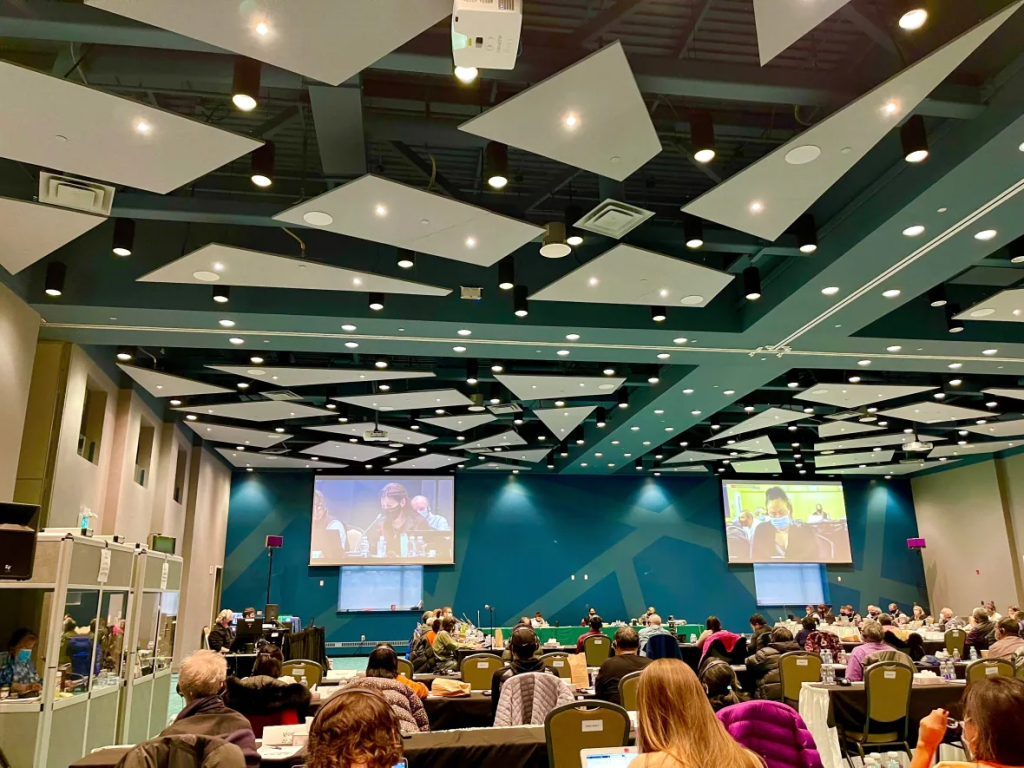
“How do you expect people in Pond Inlet to survive?” she asked. She also accused Baffinland of being “unfair and unjust” and using “psychological tactics,” including “coercion,” “threats” and “demands,” to force acceptance of more development.
At one point, Uuttuvak said, with emphasis, “the lives of Pond Inlet people matter.” Her words, echoing the Black Lives Matter movement’s call for justice, healing, and freedom, prompted many of the 100 or so people in the usually quiet Iqaluit meeting room to clap.
Baffinland representatives did not join in the applause.
A maximum of 100 participants are allowed to participate in the in-person hearings in Iqaluit, including the board, Baffinland staff, intervenors, nominated community representatives and identified media members. Due to the COVID-19 restrictions in place, the meetings are not open to the public.
Claim that mine could shutter if not expanded ‘false’
Uuttuvak said Baffinland has no intent of putting the mine into care and maintenance if the company’s phase 2 does not proceed, as the company representatives said it could. She called that assertion “false.”
Under phase 2, the mine’s production would increase to 12 million tonnes of iron ore a year. The expansion would also include the construction of a new 110-kilometre railway from the mine to Milne Inlet and the passage of 168 large iron-ore carriers a year.
Uuttuvak said even Inuit outside Pond Inlet don’t realize the impact phase 1 of Mary River mine has had on their environment, “let alone phase 2.”
She also criticized a video shown on Tuesday night at the hearing, which was made by the union, about the mine’s Inuit employees. She said the video was “propaganda,” making it seem as if Baffinland was the answer to all their needs.
Uuttuvak finished her comments to another round of clapping. Then it was time for Udlu Hanson, a vice-president with Baffinland, to respond to Uuttuvak.
Inuit can co-exist with development, executive says
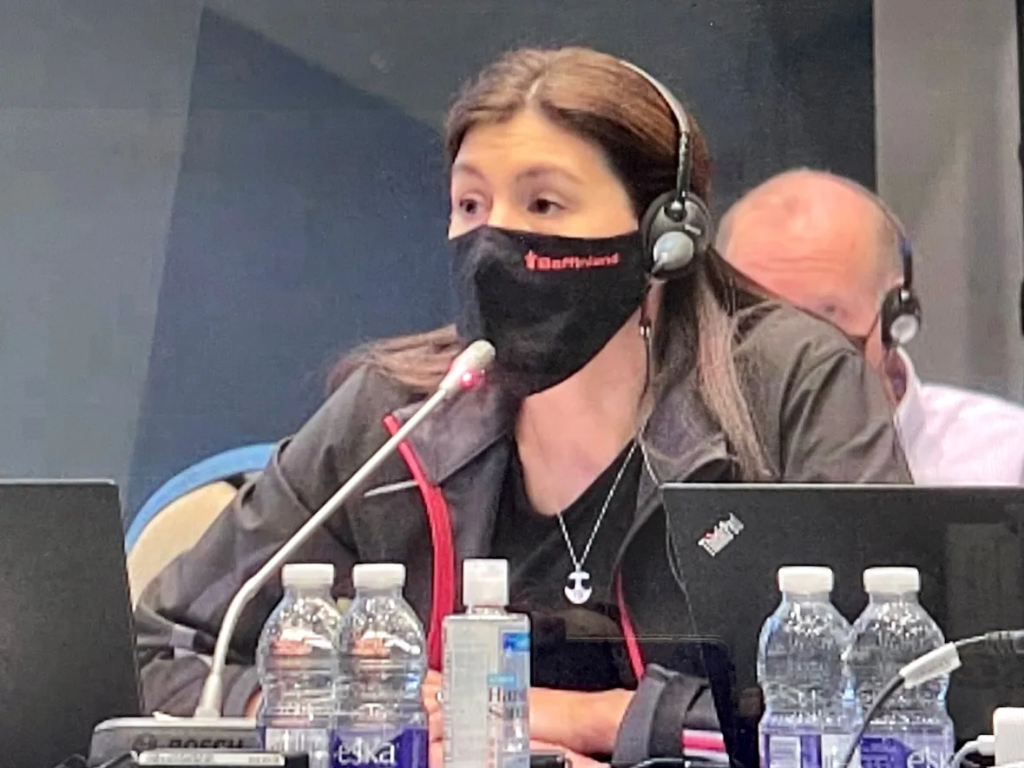
Hanson said Uuttuvak’s statements about the mine’s impact on animals were “misleading” and that her comments misrepresented Baffinland. Hanson said the mine wouldn’t be able to operate if it harmed animals.
Hanson also said she believes that it’s possible for Inuit to co-exist with the mining development. But it takes courage for people to say they can live with development, Hanson said.
She pointed to Baffinland’s Inuit employees, about 300 — or three times as many as are allowed due to COVID-19 restrictions in the Iqaluit conference room, she noted — who support the mining project. Sometimes they call her privately, Hanson said.
“Our employees are scared to speak up,” she said, defending the video made by the union.
Uuttuvak’s verbal volley to Baffinland was not the only one delivered during the day from community representatives and elders.
But Baffinland’s team kept responding to the criticisms. They repeated the company’s intent to integrate Inuit and traditional knowledge at every level of the expanded mine’s operations through committees, agreements and direct input with residents.
They promised better communication and management of environmental impacts.
Meanwhile, the Hamlet of Pond Inlet filed an Oct. 30 resolution with the NIRB that asks for Baffinland to improve community infrastructure and offer more financial benefits should phase 2 move ahead.
Their demands include the creation of a fund that could be used to assist hunters in travelling to other communities for hunting.
The NIRB roundtable meetings continue until Saturday.
Related stories from around the North:
Canada: Mining companies in Nunavut, Canada defend environmental management despite stiff criticism, CBC News
Finland: The Arctic Railway – Building a future or destroying a culture?, Eye on the Arctic
Greenland: Political upheaval in Greenland — What does Inuit Ataqatigiit do now?, Eye on the Arctic
Russia: Can the environment withstand Arctic Russia’s coal mining boom?, The Independent Barents Observer
Sweden: Reducing emissions could create up to 3,000 new jobs in Arctic Sweden says mining group, Radio Sweden
United States: Conservation groups sue government over Alaska mining road, The Associated Press

